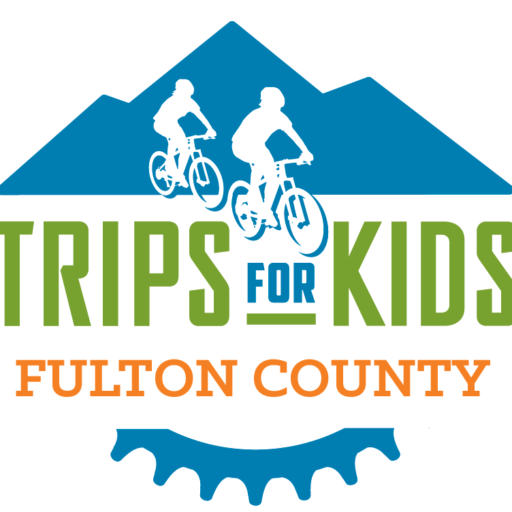MAKING LEARNING FUN
LEARNING LIFE SKILLS WHILE EARNING BIKES
“I have learned how to contribute to my community. I learned how to fix my own bike and how to be confident in front of others.”
Imagine an after-school classroom and safe space where kids get covered in grease, use tools, complete projects together and are mentored by other students and adult volunteers! This is the Earn-a-Bike Workshop—kids complete hands-on lessons in bike maintenance and bike safety, while gaining credits towards their own bike and ongoing maintenance, parts and supplies.
BUILDING SELF-CONFIDENCE
Learning and building in a fun, productive environment helps to build confidence that carries over to the classroom with improved academic performance and social interactions.
BONDING WITH PEERS
Participating in supportive and fun bike repair projects brings kids together, benefitting especially those from underserved communities.
LEARNING LIFE SKILLS
Kids learn how machines operate, work with their hands while improving their coordination, and accomplish goals. Some workshops provide job training and first steps towards employment.
A SAFE AND PRODUCTIVE ENVIRONMENT
After school Earn-a-Bike Workshops offer a supportive peer community to which kids belong, a safe place where they can interact positively with other kids, and ongoing support and influence from caring adults and older youth.
HOW IT WORKS
1
A local Trips for Kids chapter finds a suitable central location for kids and adult mentors to work together; a room big enough for bike and tool storage, one or more repair stands, boxes of parts and supplies, drinking water and a bathroom, at a minimum. Earn-a-Bike locations are commonly in schools, parks and recreation department facilities, or rented or purchased spaces in light industrial or retail locations, or even in a residential garage.
2
A schedule of Earn-a-Bike Workshop dates and times is negotiated with community partner organizations or advertised throughout the neighborhood, school or community. Earn-a-Bike workshops are most commonly scheduled during after-school hours on weekday afternoons and during weekend daylight hours.
3
Earn-a-Bike workshops need youth bicycles to work with. Kids may bring in their own bicycles, or the Trips for Kids chapter reaches out to the local community, police departments or other sources to request donations of used bicycles. The Trips for Kids national office gives chapters access to discounted or free bicycles that have been donated by bicycle industry sponsors.Getting donated bicycles can be a critical element when working with under-resourced communities, since many lower-income families will not have working bicycles.
4
Kids begin showing up during scheduled workshop hours, and they are led through a series of lessons in bicycle maintenance and repair, and often participate in group bike rides as part of the Earn-a-Bike program. Program models may vary slightly between Trips for Kids chapters, but after a knowledge or time commitment benchmark has been achieved, kids can take home a bicycle–often the same bike they have been working on and learning with!
5
Earn-a-Bike Workshops can be different lengths and intensities; for example, a program may invite kids to attend after-school mechanics sessions up to a certain amount of hours, or after completing certain lessons, and then receive a bike to take home. Other programs may organize a pre-scheduled series of times that kids will attend the program to learn and work on bikes, earning one after a multi-week course, for example. Still other Earn-a-Bike programs may be more low-key, allowing kids to work with volunteers on an ongoing drop-in basis, and earning a bicycle may be the decision of program leaders.
6
Many Earn-a-Bike programs also allow for program participants to return regularly to maintain or repair their bicycles, or even work to earn a replacement bicycle.

